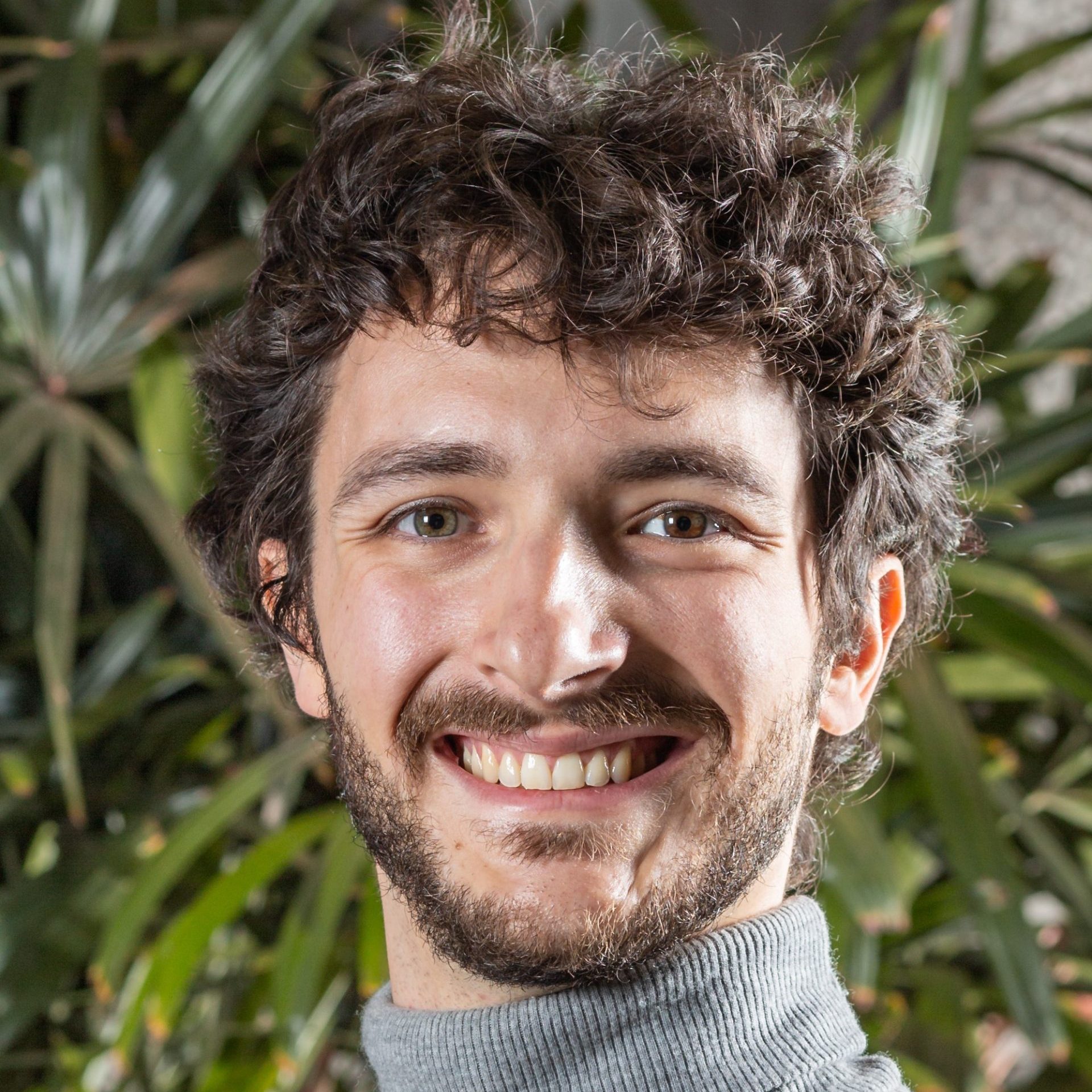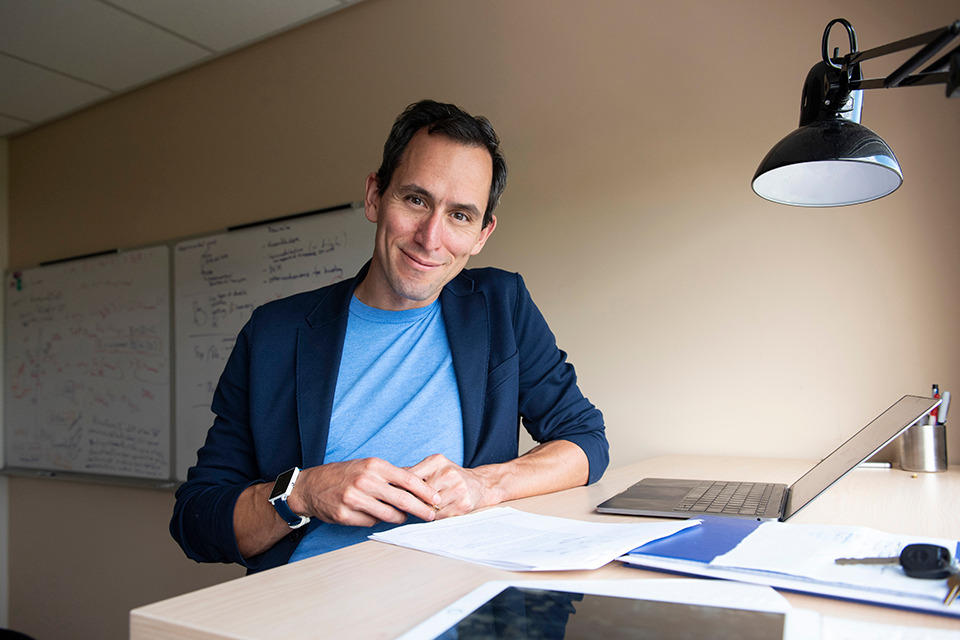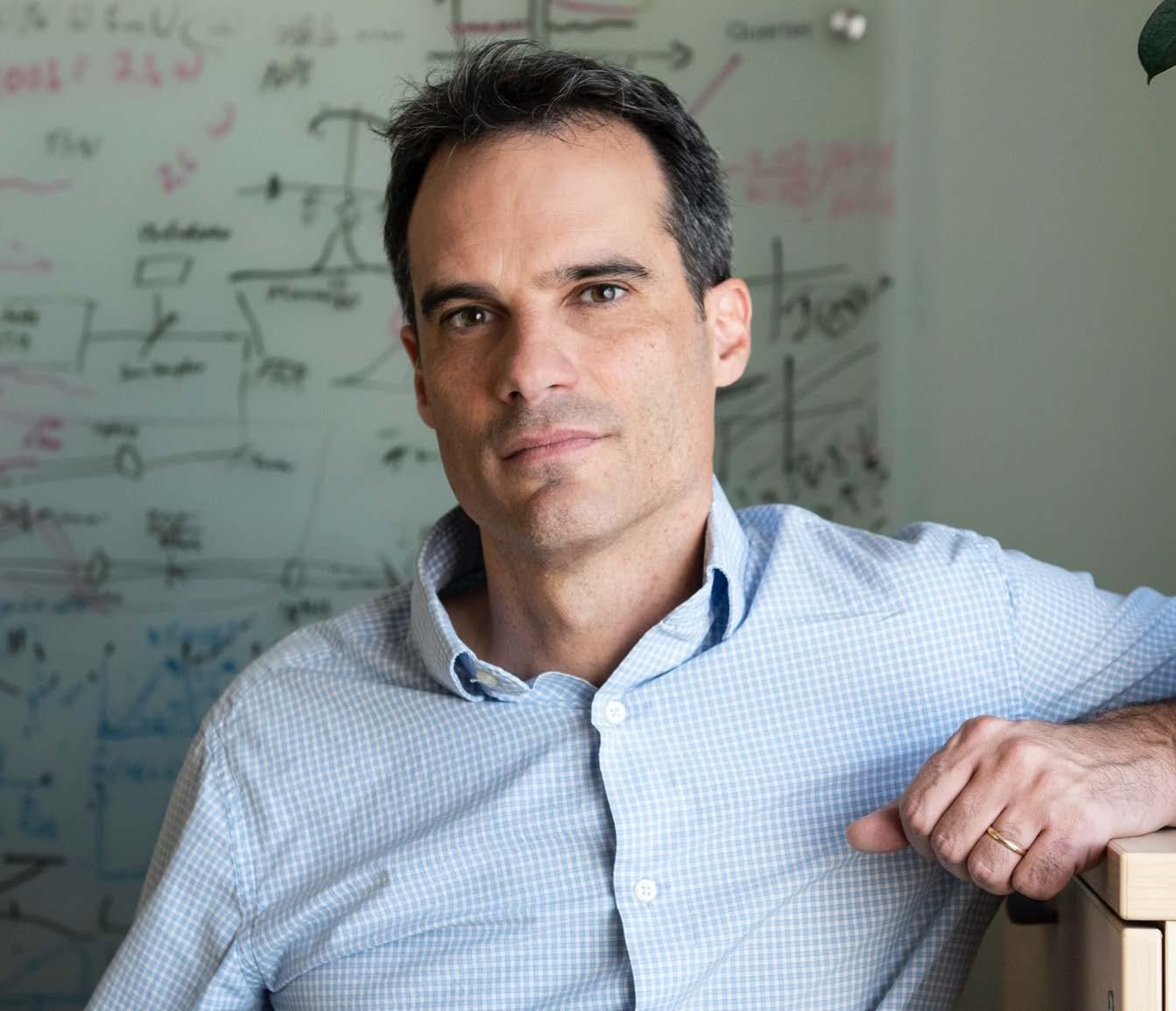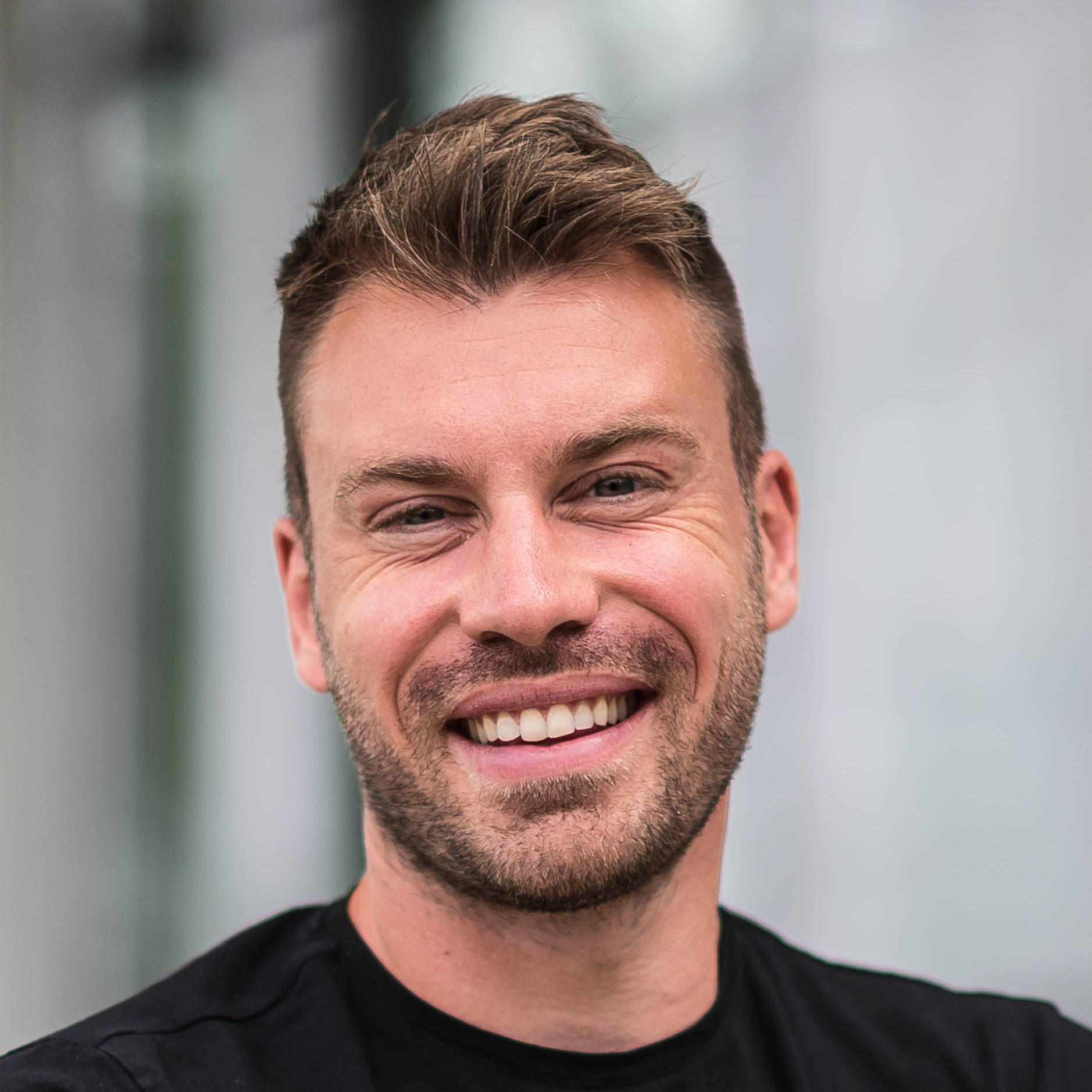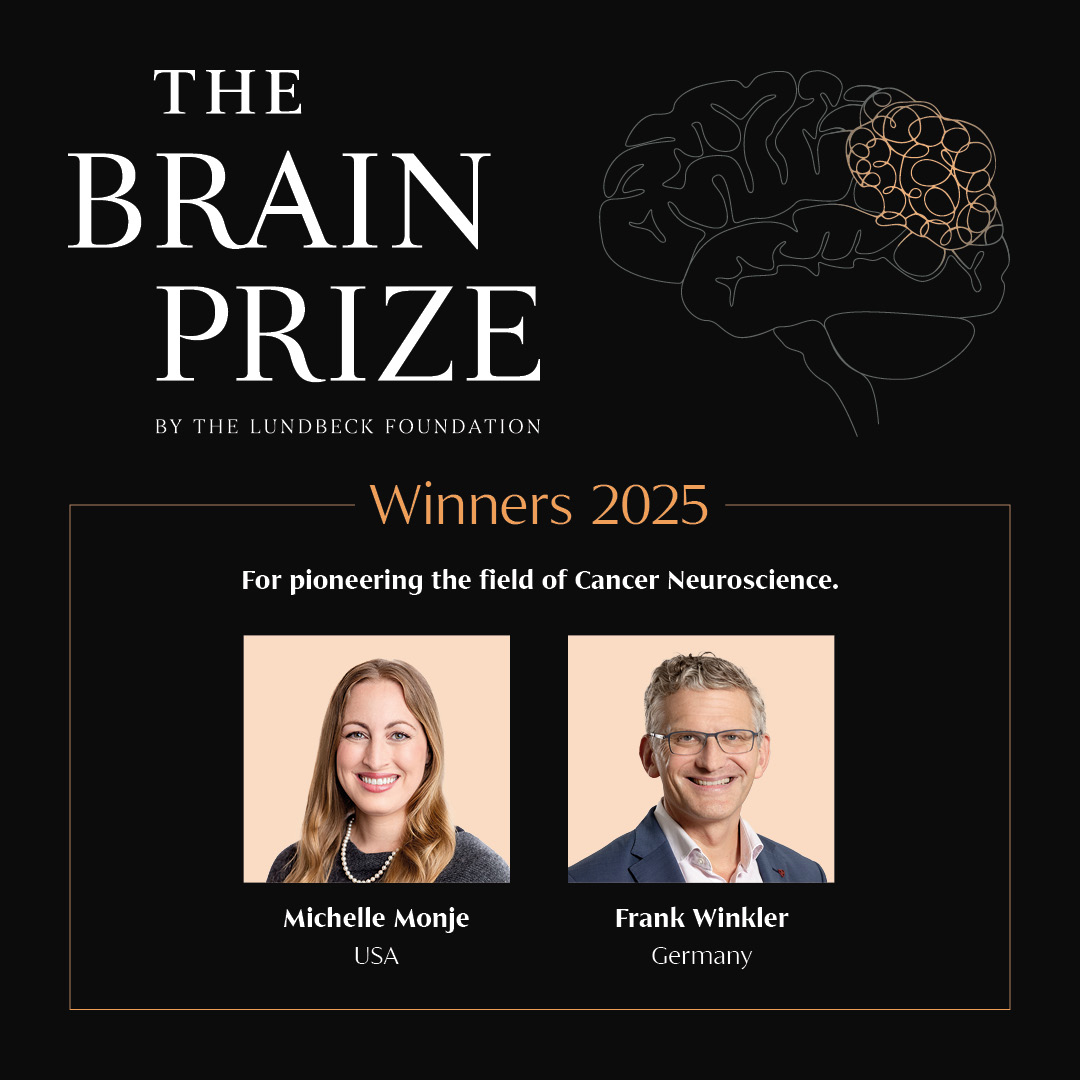Category: News
-
CAN Connection – Summer 2025
We invite you to read our latest newsletter! Content:
-
Brain Star Award feature: Andrea Luppi, McGill University
Understanding how the brain’s network architecture shapes its capacity to transition between different states To support the diversity of human cognitive functions, such as learning, thinking, reasoning, remembering, problem solving, […]
-
Research from University of Ottawa: deciphering what serotonin is saying inside our brains
The international research team’s ambitious work has implications across multiple fields and sheds compelling new light on the extraordinarily complex serotonin system. In our day-to-day lives, we’re constantly making a […]
-
University of Ottawa-led research team forges compelling new insights into dynamics of the brain’s serotonin system
Source of text: David McFadden, Communications Advisor & Research Writer, University of Ottawa The study’s findings could potentially help develop targeted therapeutics for mood disorders like major depressive disorder. Our […]
-
Congratulations to the winners of the 2024 CAN- CIHR-INMHA Brain Star Awards!
The Canadian Association for Neuroscience (CAN) and the Canadian Institutes of Health’s Institute of Neurosciences, Mental Health and Addiction (CIHR-INMHA) are proud to announce the winners of the 2024 Brain […]
-
Mark Cembrowski wins the 2025 CAN New Investigator Award for multidisciplinary research that has transformed our understanding of how memory is represented in the brain
The Canadian Association for Neuroscience is proud to announce Dr. Mark Cembrowski will be awarded the 2025 Canadian Association of Neuroscience (CAN) New Investigator Award. Dr. Cembrowski has established himself […]
-
Read CAN Connection – March 2025
Read our most recent newsletter here: https://can-acn.org/can-connection-march-2025/ Content:
-
Congratulations to 2025 Brain Prize winners Michelle Monje and Frank Winkler
Pioneering research into brain cancer is awarded the world’s largest brain research prize, The Brain Prize Gliomas are types of cancers that arise in the brain and are extraordinarily difficult […]
-
Read CAN Connection – December 2024 edition
Read the latest edition of our newsletter! CAN Connection – December 2024
-
CAN at the 2024 Canadian Science Policy Conference
The Canadian Association for Neuroscience was happy to participate in the Canadian Science Policy Conference last month in Ottawa, and in the symposium organized by the Canadian Brain Research Strategy: […]


